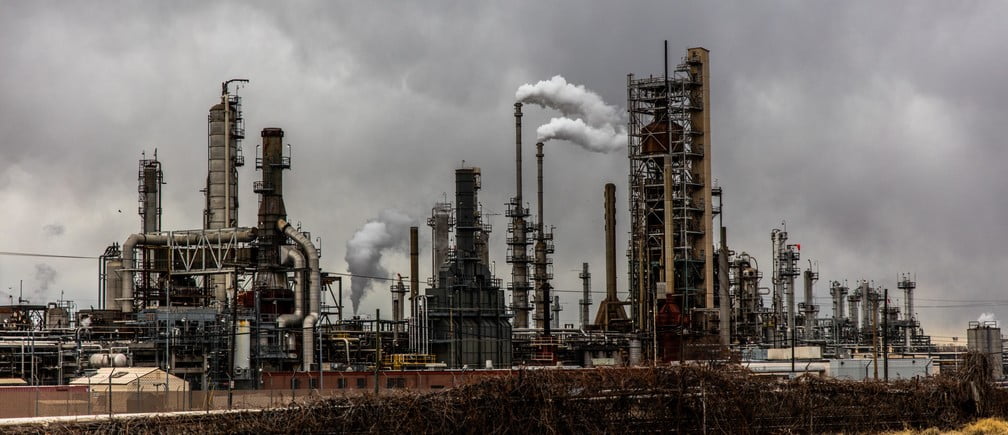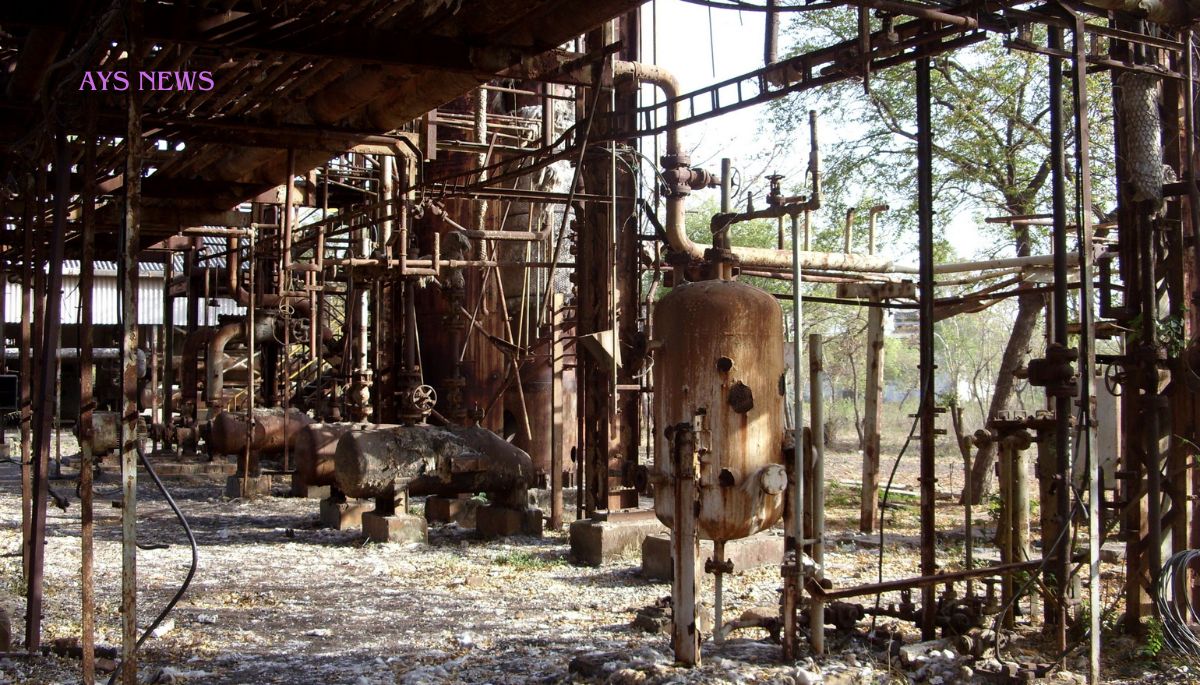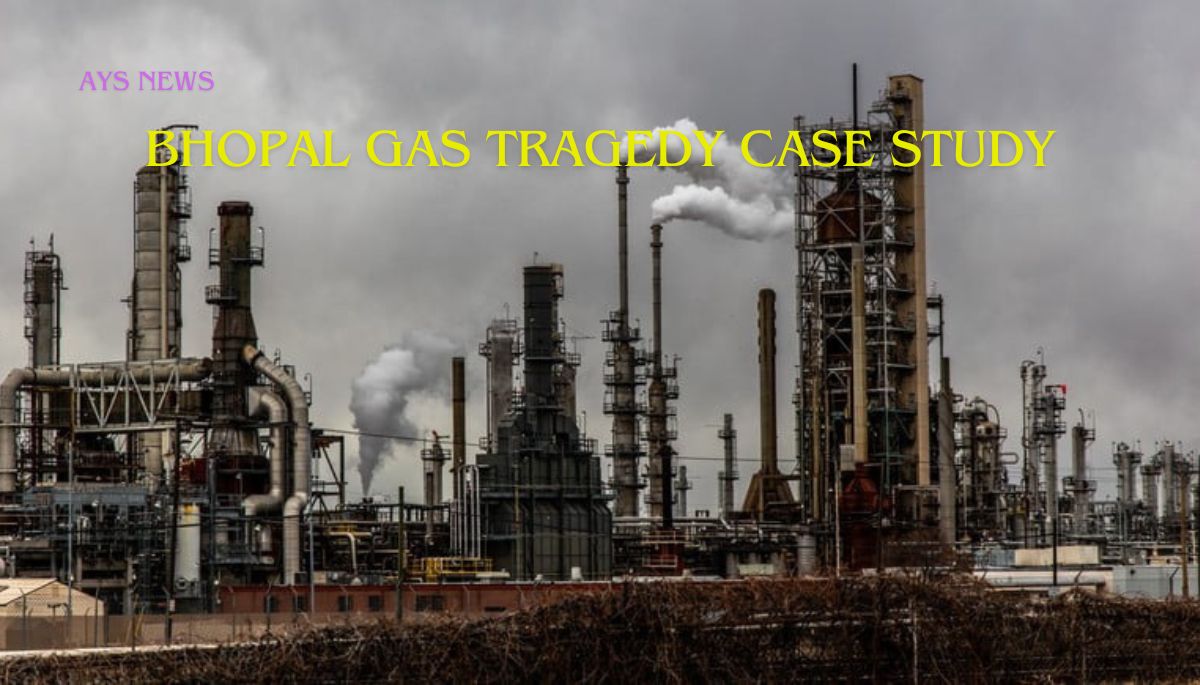Bhopal Gas Tragedy Case Study2024
Contents
- 1 Bhopal Gas Tragedy Case Study2024
- 1.1 The Bhopal Gas Tragedy: A Haunting Legacy in 2024
- 1.1.1 A Night of Unthinkable Horror
- 1.1.2 Immediate Devastation and Long-Term Suffering
- 1.1.3 A Long and Unrelenting Fight for Justice
- 1.1.4 A Legacy of Unfulfilled Promises and Ongoing Contamination
- 1.1.5 Lessons Learned, Yet More to Be Done
- 1.1.6 Looking to the Future
- 1.1.7 Taking Action and Raising Awareness
- 1.1 The Bhopal Gas Tragedy: A Haunting Legacy in 2024

The Bhopal Gas Tragedy: A Haunting Legacy in 2024
The Bhopal Gas Tragedy, a horrific industrial disaster that unfolded in Bhopal, India on December 2nd, 1984, continues to cast a long and devastating shadow nearly 40 years later. In this case study, we delve deeper into the events, the ongoing fight for justice, and the crucial lessons learned.
A Night of Unthinkable Horror
The Union Carbide India Limited (UCIL) pesticide plant, located in the heart of Bhopal, housed a storage tank containing methyl isocyanate (MIC), a highly toxic gas. A series of equipment failures and safety breaches led to a catastrophic leak of MIC gas in the dead of night. Dense clouds of MIC engulfed nearby densely populated neighborhoods. People woke up gasping for breath, their eyes burning, and bodies convulsing.
Immediate Devastation and Long-Term Suffering
The immediate effects were terrifying. Thousands perished within days, choking on their own fluids as their lungs filled with the toxic gas. The official death toll is estimated to be around 5,000, but many believe the actual figure is much higher. For those who survived, the nightmare didn’t end. Long-term health problems like respiratory illnesses, birth defects, and cancers have plagued generations exposed to the gas.
Actor Murali Brother Daniel Balaji Death March29
A Long and Unrelenting Fight for Justice
The aftermath of the Bhopal Gas Tragedy has been marked by a relentless struggle for justice. Victims and their families, many living with chronic health issues and financial hardship, have fought for adequate compensation and proper medical care. While some settlements have been reached with Union Carbide (now owned by Dow Chemical), the amounts awarded are considered meager compared to the scale of the devastation.
A Legacy of Unfulfilled Promises and Ongoing Contamination
The UCIL plant site itself remains a toxic wasteland, with contaminated groundwater posing a continuous threat to public health. Promises of clean-up by the Indian government and Dow Chemical haven’t materialized to a satisfactory degree.
Lessons Learned, Yet More to Be Done
The Bhopal Gas Tragedy serves as a stark reminder of the importance of
- Robust Safety Regulations: Stringent industrial safety protocols and rigorous inspections are crucial to prevent similar disasters.
- Corporate Accountability: Corporations handling hazardous materials must prioritize safety measures and be held liable for negligence.
- Transparency and Community Engagement: Open communication with communities about potential risks and emergency plans are essential.
- Adequate Medical Care and Long-Term Support: Comprehensive healthcare access and financial support for victims and their families are not optional but mandatory.
Looking to the Future
In 2024, technological advancements offer hope for stricter environmental monitoring and more effective disaster response systems. However, ensuring strong safety regulations, ethical corporate practices, and swift and transparent communication with local communities remain paramount.

Taking Action and Raising Awareness
The Bhopal Gas Tragedy is a stark reminder that corporate negligence can have devastating and long-lasting consequences. You can learn more and get involved by searching for “[Bhopal Gas Tragedy resources]” online. Organizations working for victim support, environmental justice, and stricter industrial safety regulations welcome your contributions.

